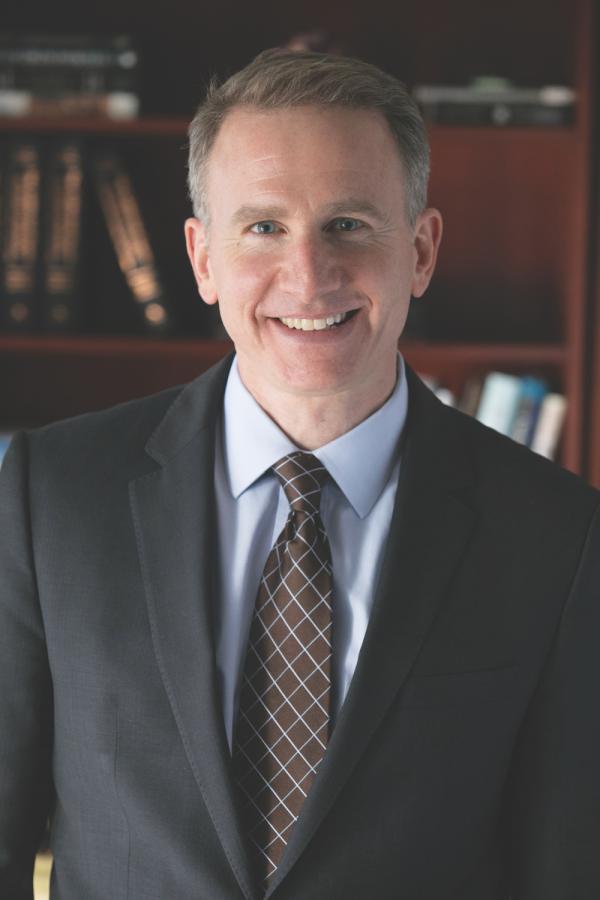Andrew O. Rich
Richard J. Henley and Susan L. Davis Dean
Building
North Academic Center
Office
6/141
Phone
212-650-5967

Andrew O. Rich
Profile
Andrew Rich became Dean of the Colin Powell School for Civic and Global Leadership at The City College of New York in February 2019. The Colin Powell School is home to the social science departments at CCNY as well as the core leadership development and public service programs of City College. With 4,000 students, the Colin Powell School’s mission is to transform one of the nation’s most diverse student bodies into tomorrow’s global leaders.
From 2011-2019, Rich was Executive Secretary & CEO of the Harry S. Truman Scholarship Foundation, a federal agency that supports young people pursuing public service leadership across the United States. Before that, from 2009-2011, Rich was President and CEO of the Roosevelt Institute, a think tank and leadership development organization based in New York City.
Rich is Chair of the Board of Friends of the Truman Foundation. He is the author of Think Tanks, Public Policy, and the Politics of Expertise and has written about the role of think tanks and foundations in American politics and policymaking. He previously taught political science at CCNY and Wake Forest University. He received his BA from the University of Richmond and his PhD in political science from Yale University.
Education
Ph.D. Yale University, 1999.
B.A. University of Richmond, 1992.
Courses Taught
10100: United States Politics and Government An analysis of processes, values and problems of American government and democracy. Special emphasis is given to national political institutions and issues. 3 hr./wk.; 3 cr.
22100: The Congress An examination of the role of legislative bodies in our political system. Organization, procedures and operations are the focus of the course. Case studies dealing with contemporary policy-making are integrated throughout the semester. (W) 3 hr./wk.; 3 cr.
22200: The Presidency Assessment of the present and possible future role of the American presidency. The development of the office, its relationship to other institutions and politics, and contemporary problems. Topics include the duties of the President as Chief Executive, legislator, shaper of foreign policy, Commander-in-Chief, party leader, and head of state. (W) 3 hr./wk.; 3 cr.
21600: Political Parties and Interest Groups Interest groups and pressure politics. The rise of new groups in the political process. The nature and functions of parties under the American system of government; major and minor parties; party finance and political machines; national campaign issues and techniques. (W) 3 hr./wk.; 3 cr.
Publications
(Cambridge University Press, 2004).
Social Science Quarterly, September 2001, 82(3): 583-601.
Ideas and Politics in Social Science Research, ed. by Daniel Beland and Robert H. Cox (New York: Oxford University Press, 2011).
Looking for a Progressive America, ed. by Frans Becker, Menno Hurenkamp, and Michael Kazin
(Philadelphia: University of Pennsylvania Press, 2008) [also printed in Dutch, Amsterdam: Wiardi Beckman Stichting, 2007].
and the New “Old” Politics in Telecommunications Reform,”
Creating Competitive Markets, ed. By Marc K. Landy, Martin A. Levin, and Martin Shapiro
(Washington, D.C.: Brookings Institution Press, 2007).
Stanford Social Innovation Review, 2005, 2(4).